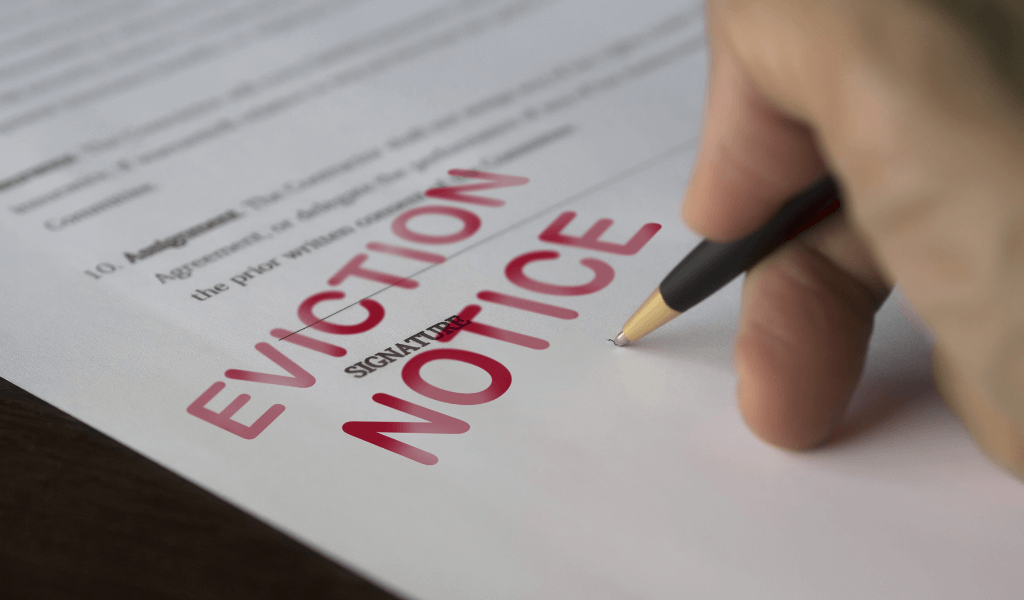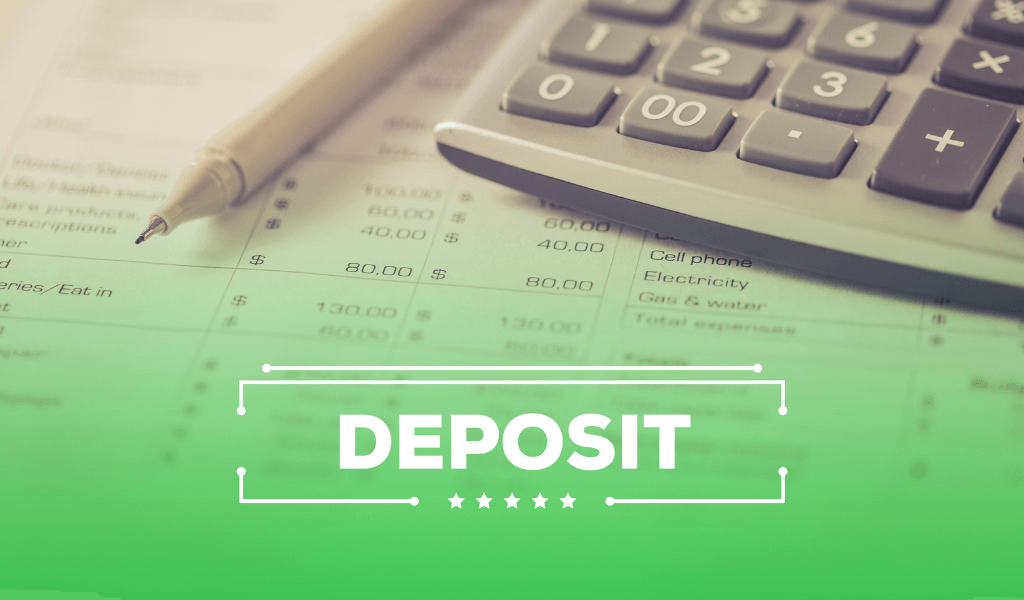So your tenant’s not paying rent – well that sucks! But don’t panic, there are solutions. In this article, I explain what to do if your tenant stops paying rent. I cover how to communicate with your tenant, and how to process a Section 8 eviction.
Dealing with tenants in arrears can be expensive and time-consuming. So it’s best to avoid the situation altogether. In this guide, I also provide strategies to keep non-paying tenants out of your properties.
Ultimately, a non-paying tenant is something that every landlord has encountered. To be successful in property, you need to know how to deal with these situations. It’s a core skill.
My website has tons of free guides on UK property investment, including the following ones:
-
Buy to let taxes. What do you have to pay?
-
How to withdraw money from a private limited company. A guide
-
How to become an Airbnb host
-
Long distance property investing. How to do it right
If you want to be notified of my new content, make sure to follow me on Twitter and sign up to my email list.
When it comes to a tenant not paying rent, prevention is definitely better than cure. The law heavily favours your tenant, even if they’re not paying. The Government doesn’t want to make people homeless. So how do you keep out bad tenants?
The most basic method is to reference them before you let them in. By law, you need to check some basic identification. In addition, you should view proof of income and see if they can afford the rent. Also speak to previous landlords and view their credit reports. There’s companies like Lettings Hub that can reference tenants for £20 – it’s an absolute no brainer. Reference checks are the best way to avoid tenants in arrears.
Never skip the reference check. An empty property can be stressful, as you still need to repay your mortgage. Once you get an offer in, it can be so so tempting to just say yes. But you need to avoid that temptation, and check who your tenant is!
Rental Guarantee insurance (RGI) will pay out once your tenant stops paying rent. I have RGI on all of my properties, and I think you should too! Insurance premiums are around 1-2% of your rent, and most policies will pay for 6 months of arrears. This should be enough time for you to evict your tenant and get a new one in. Make sure to choose a policy that pays out rent, from the 1st month of arrears.
For me, RGI is a no brainer - yet most landlords don’t have it! I’ve met many landlords over the years, and I’ve heard loads of different reasons. Some people don’t trust insurance companies. Other landlords have professional tenants in, and just assume their tenant will always pay. I think these views are a mistake. In the UK, Insurance companies are heavily regulated. If your insurer is refusing to pay out, then you can complain to the Financial Ombudsman. Just make sure that you read the T&Cs carefully, when you take out the insurance.
RGI is separate to landlord insurance – I suggest you have both! I wrote a guide on what insurance you need as a landlord.
Please don’t think your security deposit will protect you from a non-paying tenant! In the UK, the maximum deposit is limited to 5 weeks rent. If you need to evict your tenant, the process can take 6 months or more. Your deposit won’t cover anything close to the amount of rent that you’ve lost.
If you want to lower your stress and save your heart rate, then I suggest to market your properties to professional tenants. In my experience, the more a tenant pays, the less trouble they make.
A tenant not paying rent is a perfect example of this. Non-payment of rent has a big impact on a tenant’s credit report. This is a big issue for professional tenants, who may have credit cards or may be saving up for a deposit. At the lower end of the market, some tenants simply don’t care about their credit record. They may go from property to property, and not pay rent.
To attract a higher calibre of tenant, you’ll want a property in a good location with lots of employment nearby. You’ll also need to decorate your property well. For advice on that, view this guide on how I renovated a flat in Central London.
This is crucial! If your tenant stops paying rent, don’t wait around. You need to deal with the issue straight away. It helps if your tenant pays by direct debit, as you get notified when they cancel it.
The moment your tenant stops paying, you need to speak to them. But don’t get angry or upset! Your tenant may be going through a difficult situation, so you need to deal with them calmly. You may have legitimate reasons to worry, i.e. can you repay your mortgage? But if you get angry, it will probably make the situation worse.
When you speak to the tenant, make it clear that timely payment of rent is non-negotiable. Explain that you have obligations to meet, and a business to run. Be calm but firm. Hopefully, discussions with your tenant will be enough to resolve the issue.
Eviction is the last resort to a tenant not paying rent. The 1st step with eviction is to serve a section 8 notice to your tenant. You need to give them 2 months notice, to leave your property. Often, the official court letter will be enough to get the tenant to leave.
If your tenant still won’t cooperate, then you need to go to court. I must stress, this should be your last resort. Court is time consuming, expensive, and you’re not guaranteed to succeed. Even if you get your property back, your tenant may cause damage. That’s why I give so many strategies above, to avoid non-paying tenants altogether.
Section 8 requires landlords to prove grounds for possession of the property. You’ll need to go to court and make your case – the onus is very much on the landlord. After all, you’ll be making someone homeless.
With the section 8 process, it’s very important that the landlord has followed all the rules. If you haven’t served a right to rent letter or aren’t up to date with your gas safety certificate, then that will count against you. There are companies that specialise in tenant evictions, and I would recommend to use one. It’s a lot of work to evict a tenant, and it helps to work with someone that knows the process.
Buy to let is an amazing way to build long term wealth, but you need to know what you’re doing. Having a tenant in arrears can be massively stressful. In addition, the law heavily favours tenants. If you don’t know what you’re doing, then you may lose £1000’s, before you get possession of your property.
In this article, I provide strategies to avoid the situation entirely, and keep bad tenants out. This is by far the best solution. If you do find yourself with a tenant in arrears, then I’ve also explained how best to proceed.













CKXQhDEFqF